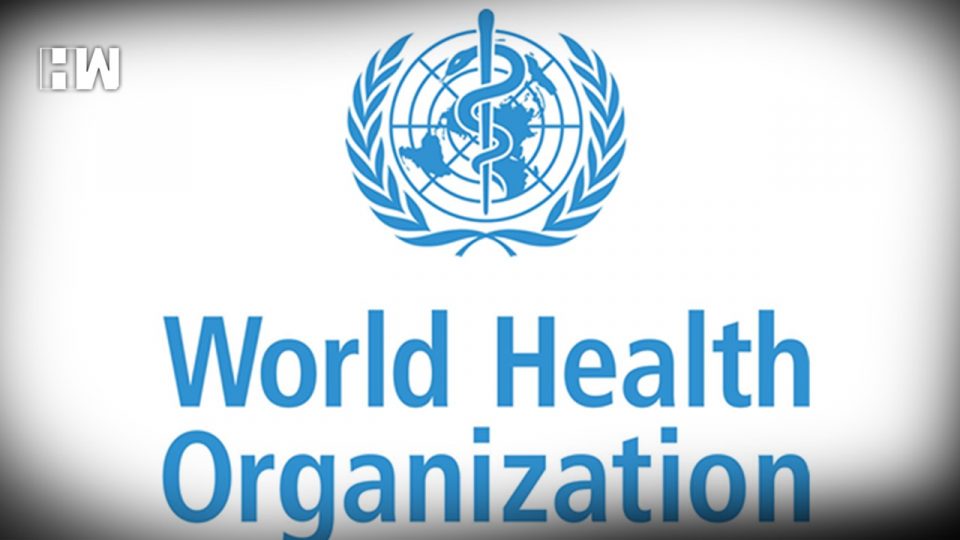WHO said that four cough and cold syrups might be linked to the deaths of 66 minor children in the Gambia
Mumbai: World Health Organization (WHO) said that an Indian pharma company’s allegedly contaminated products have been potentially linked to acute kidney injuries and 66 deaths among children in Gambia, Africa.
The World Health Organization on Wednesday issued an alert against four cough and cold syrups made by India-based Maiden Pharmaceuticals. WHO said that four cough and cold syrups might be linked to the deaths of 66 minor children in the Gambia. The international health body reportedly said that cough and cold syrups have ingredients, such as diethylene glycol and ethylene glycol, which can be toxic for humans on consumption.
Diethylene glycol and ethylene glycol can cause toxic effects, including abdominal pain, vomiting, diarrhea, inability to pass urine, headache, altered mental state, and acute kidney injury that may lead to death.
The four syrups that have been identified are Promethazine Oral Solution, Kofexmalin Baby Cough Syrup, Makoff Baby Cough Syrup, and Magrip N Cold Syrup, as per news reports.
WHO’s alert notification states, “The substandard products referenced in this alert are unsafe and their use, especially in children, may result in serious injury or death.”
“Laboratory analysis of samples (in the syrup) of each of the four products confirms that they contain unacceptable amounts of diethylene glycol and ethylene glycol as contaminants,” the WHO said in a medical product alert.
The global body said it is conducting further investigation with the company and Indian regulatory authorities.
As per reports, last month the Gambian government reported that it has been investigating the deaths of small children under the age of 5 years. The investigation started as there was a spike in cases of acute kidney injury, which surfaced in July.
In a tweet, Tedros Adhanom Ghebreyesus, Director-General of the World Health Organization, said: “WHO has today issued a medical product alert for four contaminated medicines identified in The Gambia that have been potentially linked with acute kidney injuries and 66 deaths among children.”
He added that the loss of these young lives is beyond heartbreaking for their families. The four medicines are cough and cold syrups produced by Maiden Pharmaceuticals Limited, in India.
Also Read: Watch: Ex-Cop Kills 34, Including 22 Children In Thailand’s Daycare Centre
As per reports, Ghebreyesus said at a press conference on Wednesday: “While the contaminated products have so far only been detected in the Gambia, they may have been distributed to other countries.”
He added that the global health body will ask all countries to detect and remove these products from circulation to prevent further harm to patients.
In India, the death of 17 children was reported from Jammu and Kashmir in 2020 after consuming another brand of cough syrup contaminated with the same diethylene glycol. In another incident, at least three children died in New Delhi last year after consuming a cough syrup with dextromethorphan, one of the components present in one of the four syrups flagged by WHO.
Reuters has reported that Maiden Pharma declined to comment on the alert, while calls and its messages to the Drugs Controller General of India went unanswered. The news agency also said Gambia and India’s health ministry also did not immediately respond to a request for comment.
The health body said the manufacturer has not provided guarantees to WHO on the safety and quality of these products.
This is not the first time that The World Health Organisation questioned, Indian Pharmaceuticals, On April 2022, WHO suspended the supply of Bharat Biotech’s anti-Covid vaccine, Covaxin, under the Covax facility, which according to them attributed to deficiencies in manufacturing practices.
A statement issued by the WHO then said the suspension was in response to the outcomes of its post-EUL (emergency use authorization) inspection and the need to conduct process and facility upgrades to address recently identified GMP (good manufacturing practice) deficiencies.
As an independent media platform, we do not take advertisements from governments and corporate houses. It is you, our readers, who have supported us on our journey to do honest and unbiased journalism. Please contribute, so that we can continue to do the same in future.

